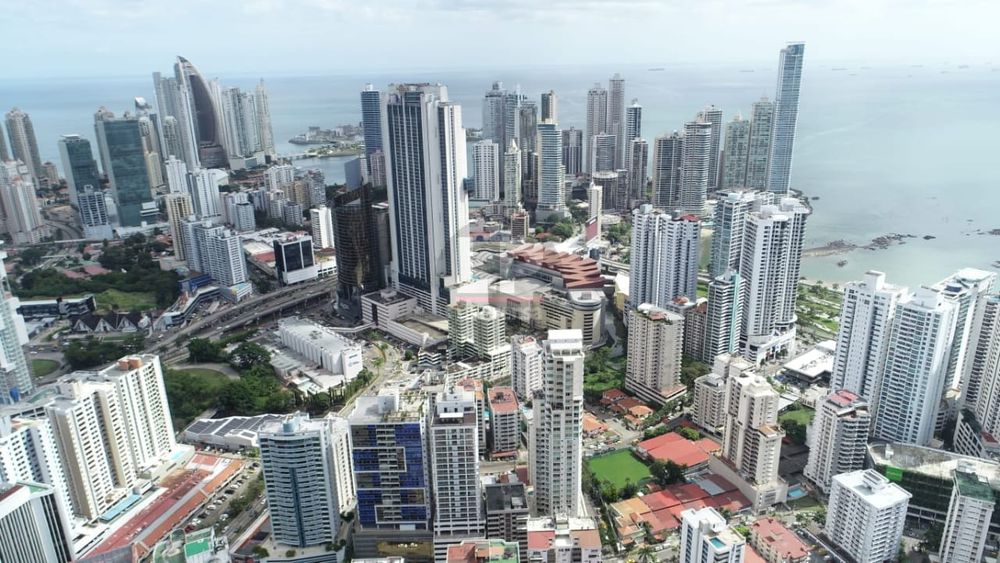Panama at risk of failed state say business leaders

Panama risks becoming a failed state if it doesn’t develop a framework to strengthen a true rule of law that is characterized by the separation of powers, the certainty of punishment and a system of fair justice, in order to ensure a development and a climate of both social and political stability, needs as soon as possible says Panama’s Chamber of Commerce. Industry and Agriculture (Cciap) in the wake of revelations of Instagram messaging between former president Juan Carlos Varela, the Attorney General Kenia Porcell, political figures and business leaders.
On Monday, November 11, the president of the Chamber, Jorge Juan de la Guardia, said that the exchange of conversations between Varela and Porcell, “opens the space of doubt for the affirmation of a selective justice that requires explanations of those who still occupy the position of command and jurisdiction”.
“The content of the communications evidences once again, the institutional crisis we are experiencing, especially as regards the separation of state powers and the administration of Justice
“Both the fact of intrusion into private conversations and the disclosure of its content is condemnable.
“However, the content of what was revealed and admitted as partially true by those who were intervened, leads us to raise, once again, our voice in order to correct the course and propose possible solutions,” said de la Guardia.
Varela acknowledged, on Thursday, that some messages are “correct”, and other texts have been “manipulated, aimed at weakening the role of the State” and pointed to former president Ricardo Martinelli as allegedly responsible for the anonymous site that leaked private communications between 2017 and 2018.
The Chamber urged the productive sectors of the country to be involved in the call made by the current Executive Branch and participate in the working groups in order to propose improvements to the package of constitutional reforms that ensures such separation of powers and proposes changes in the form of selection of both the Attorney General’s Office and the magistrates of the Supreme Court of Justice, as well as their investigation .





